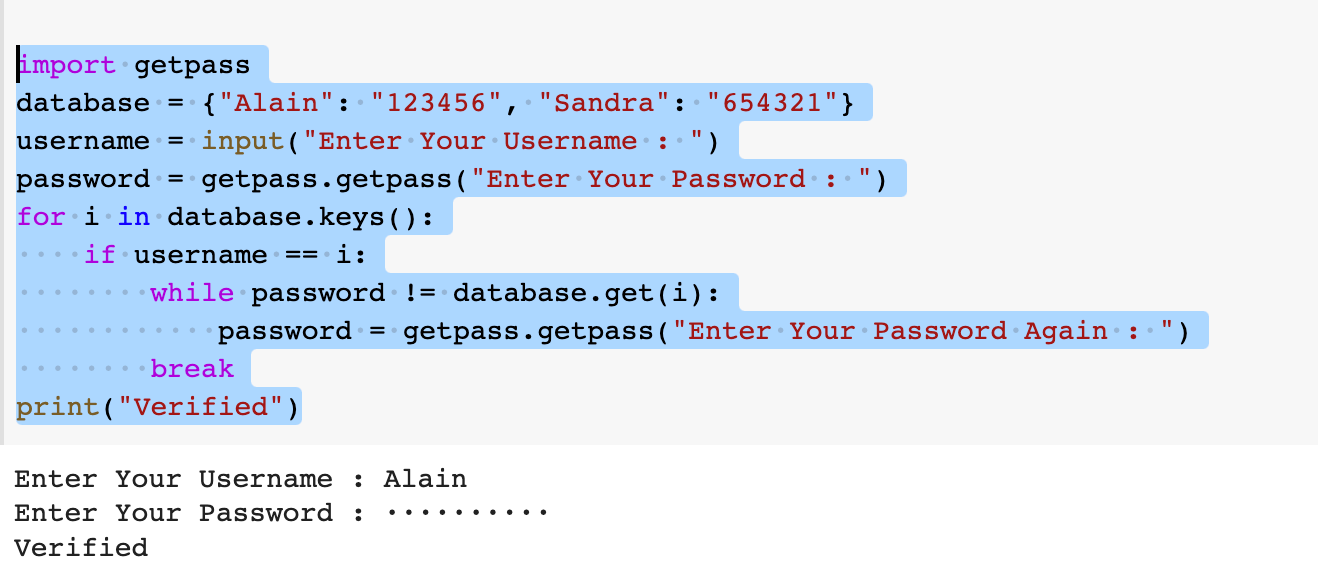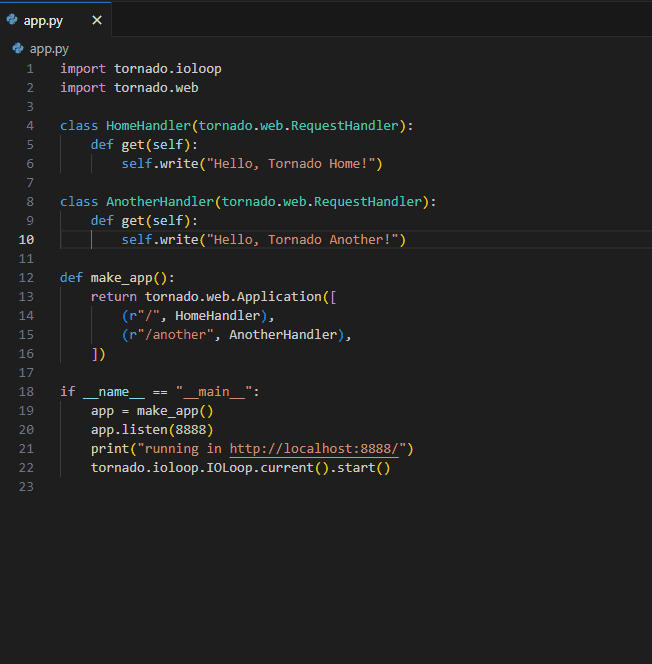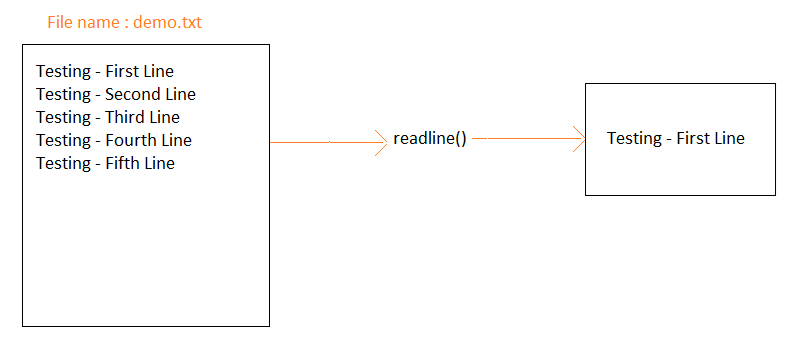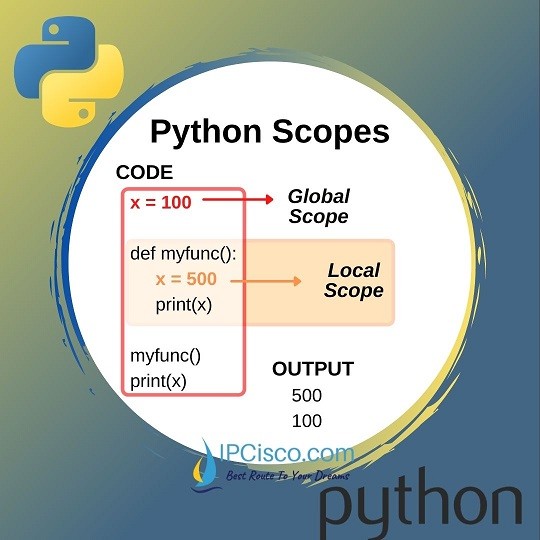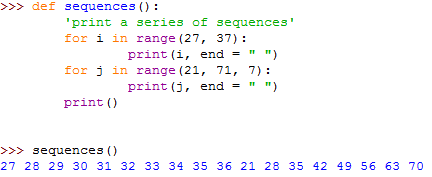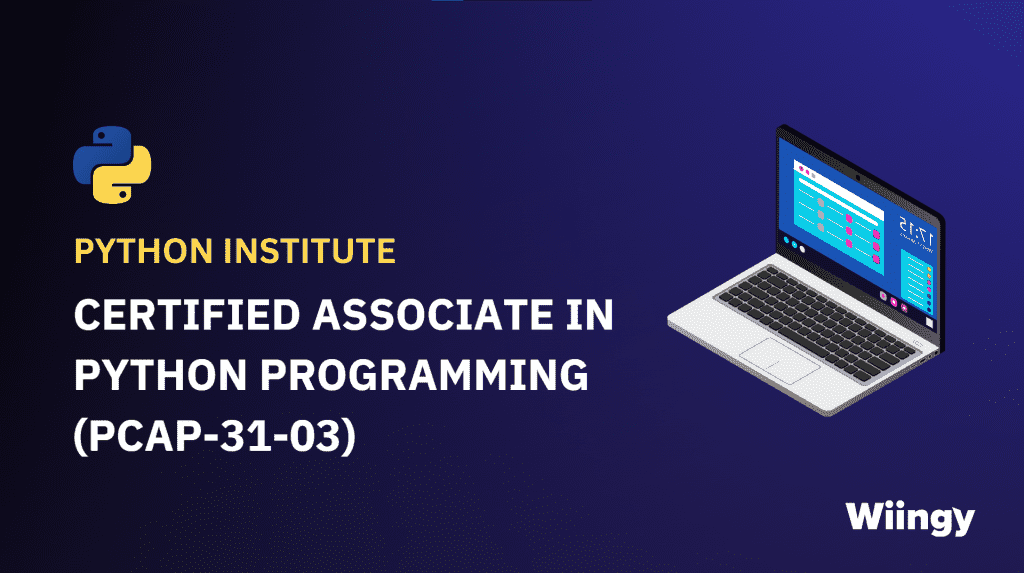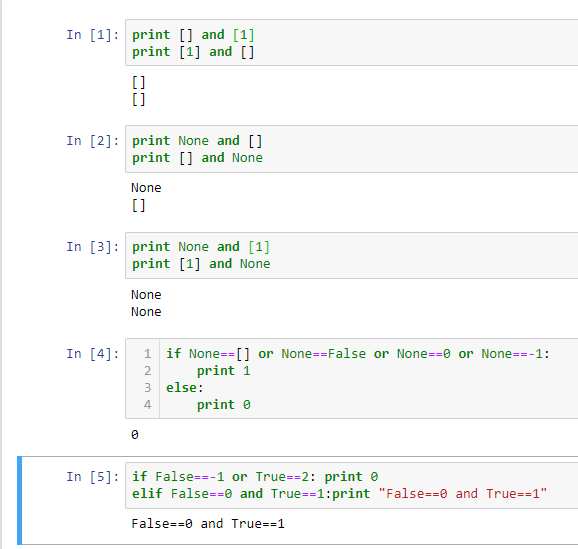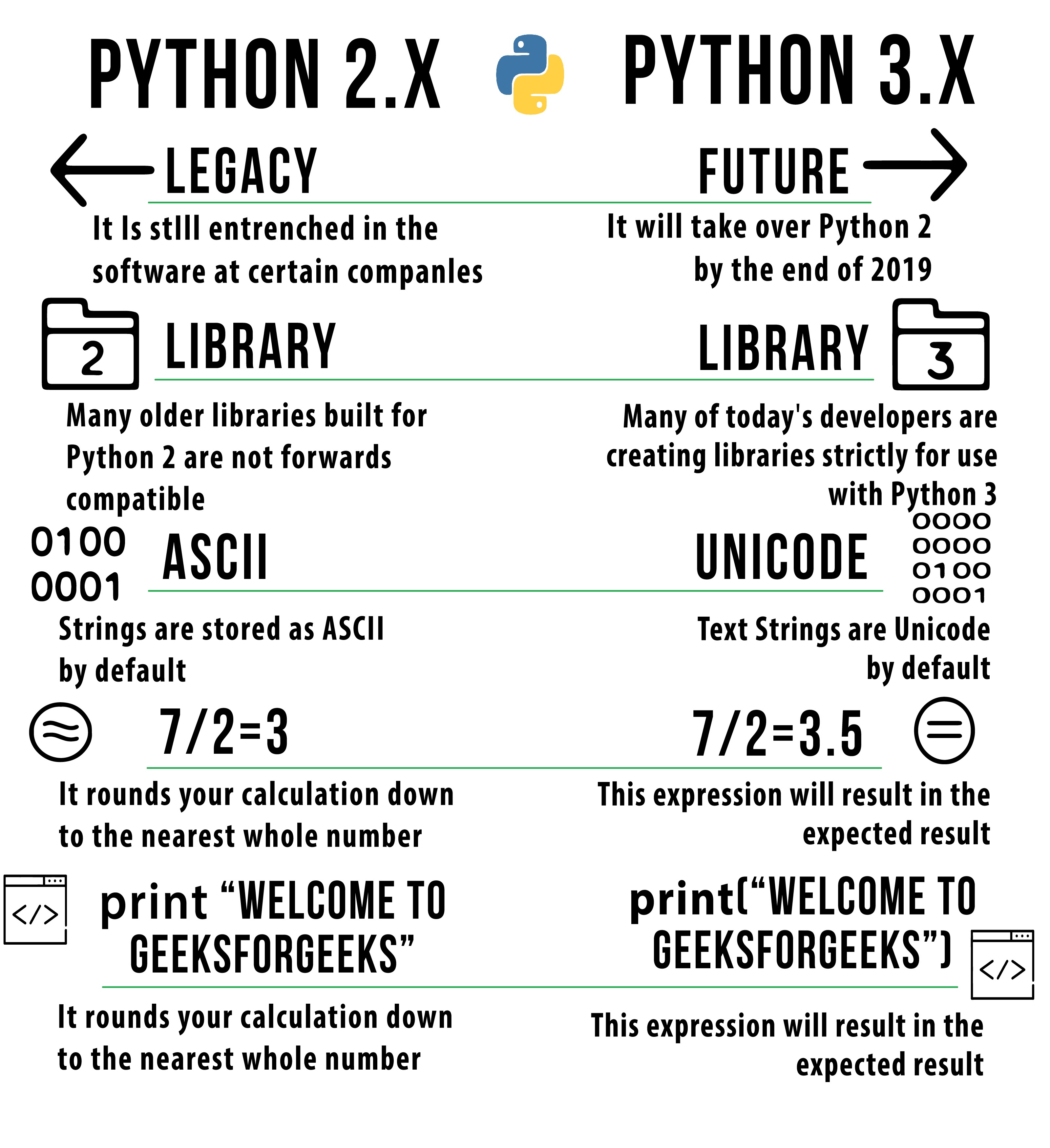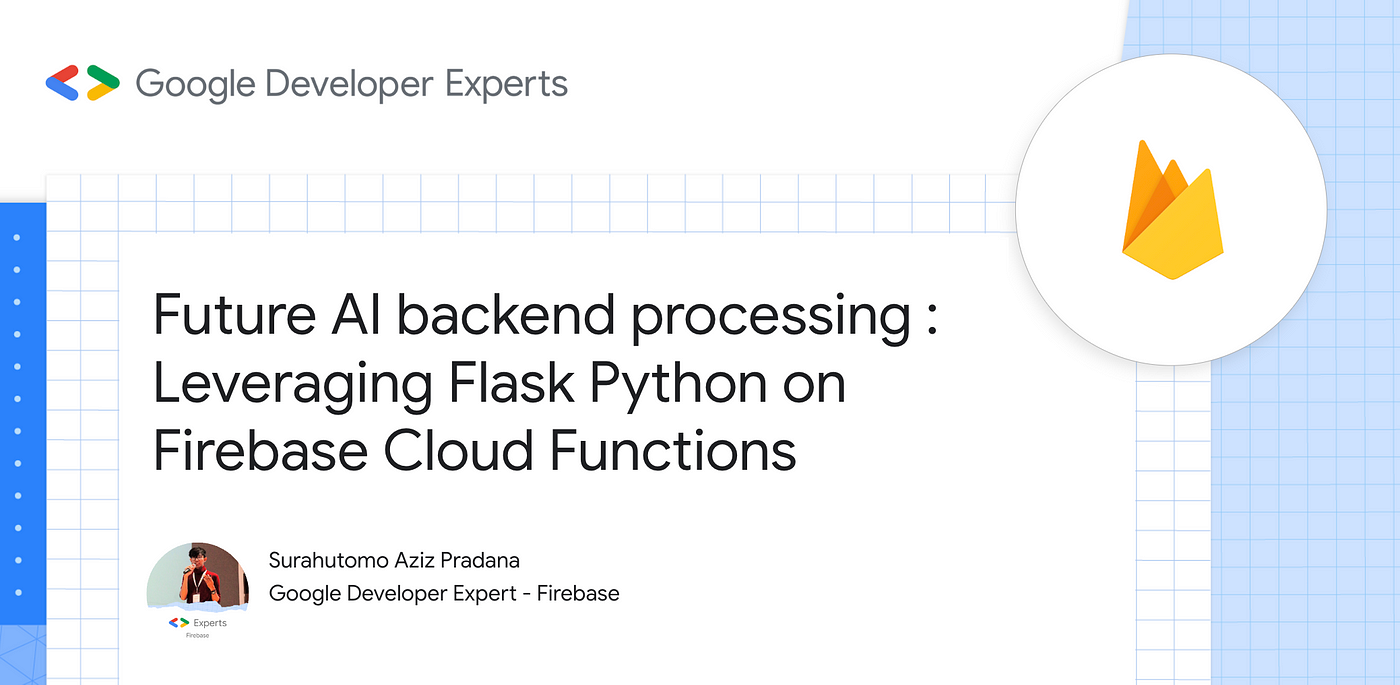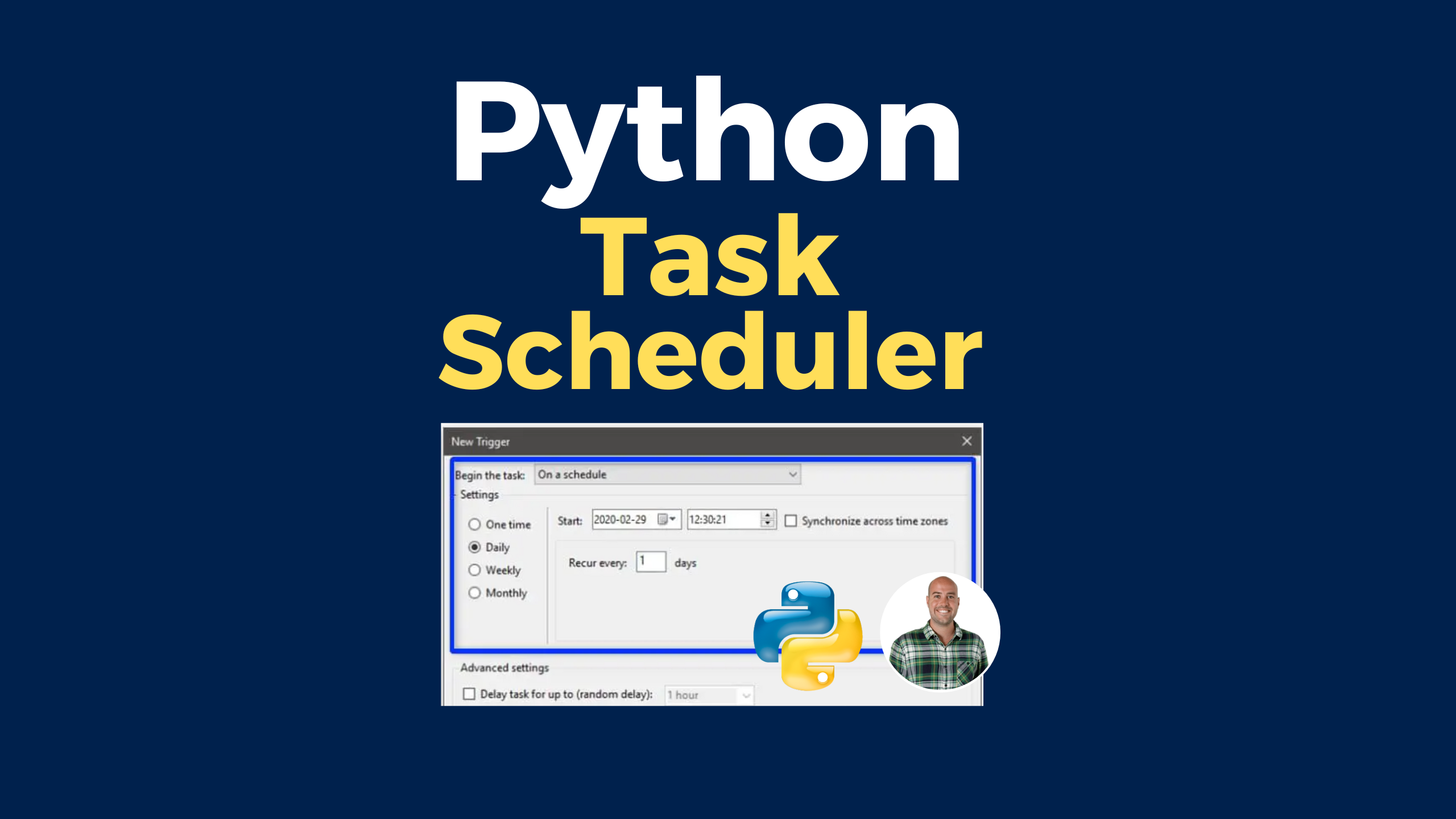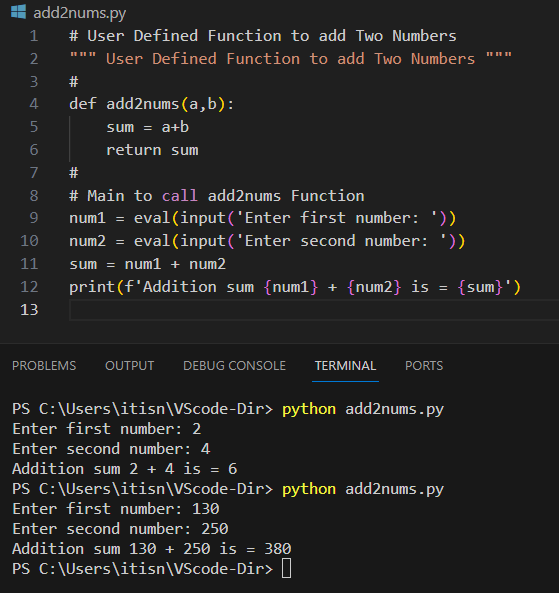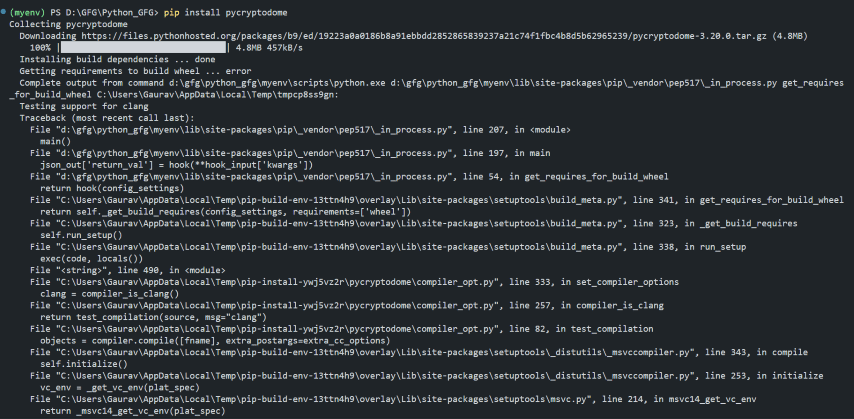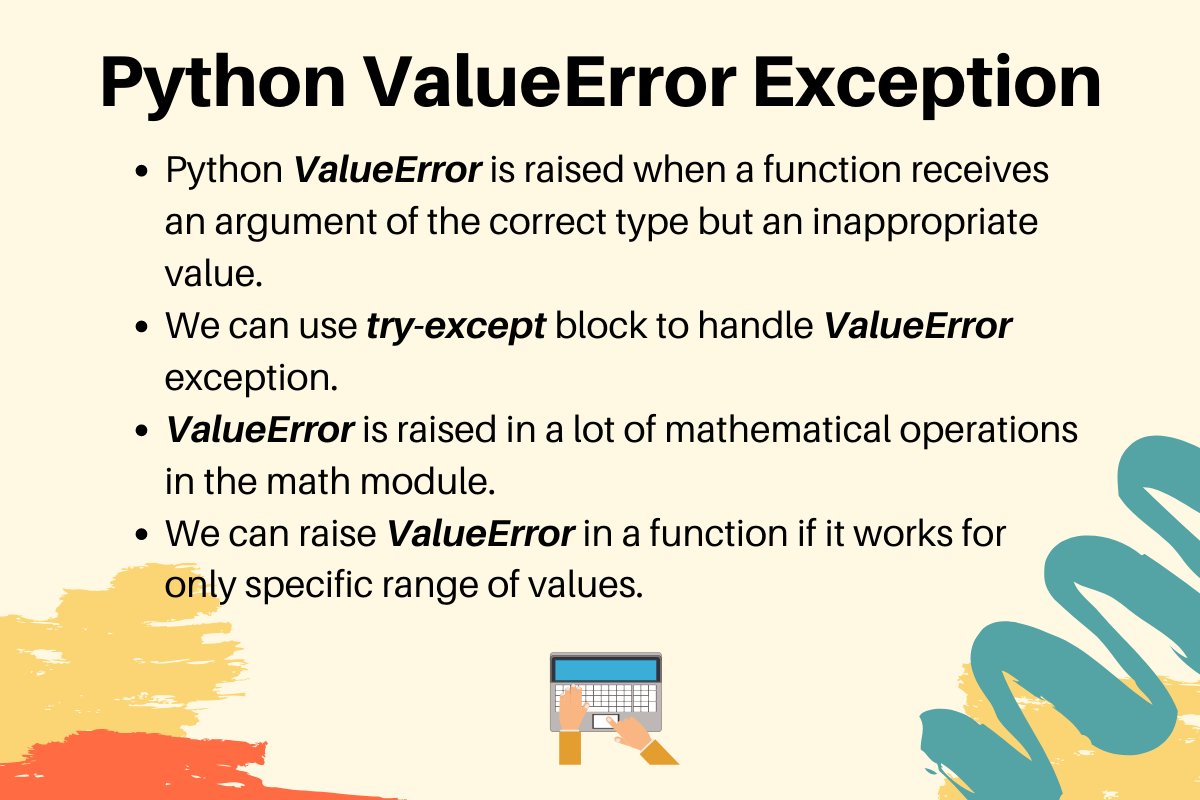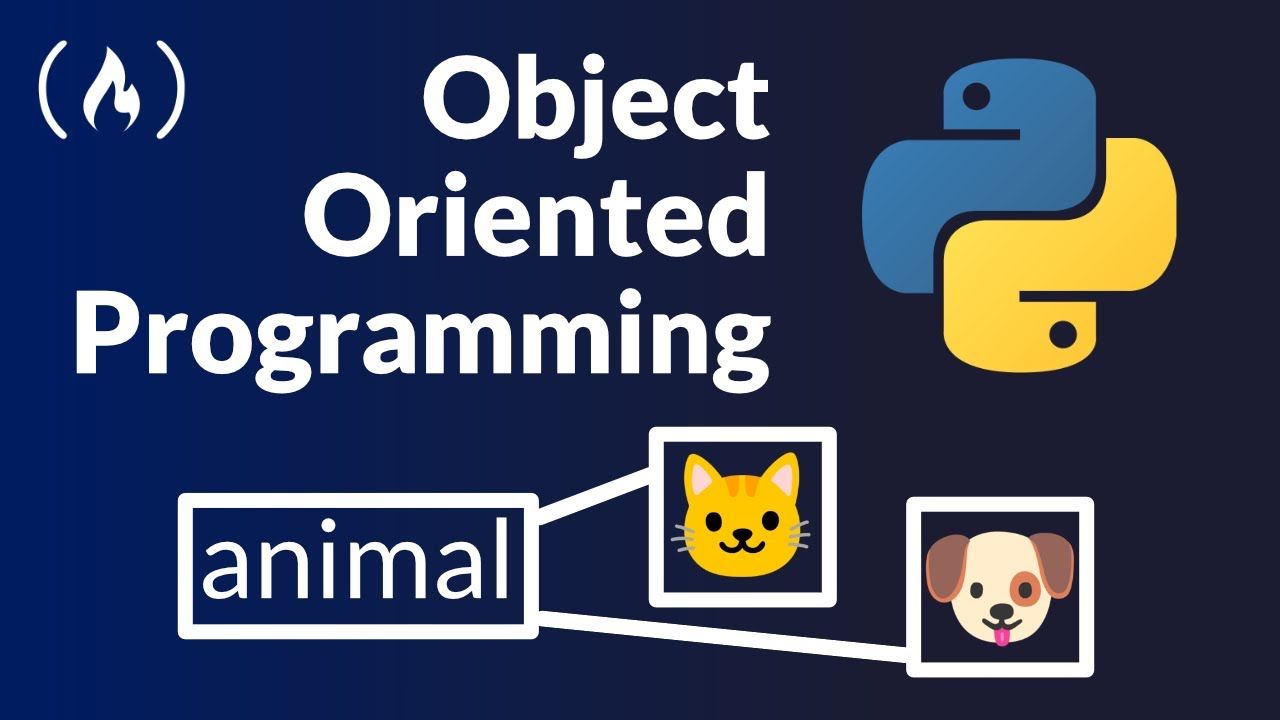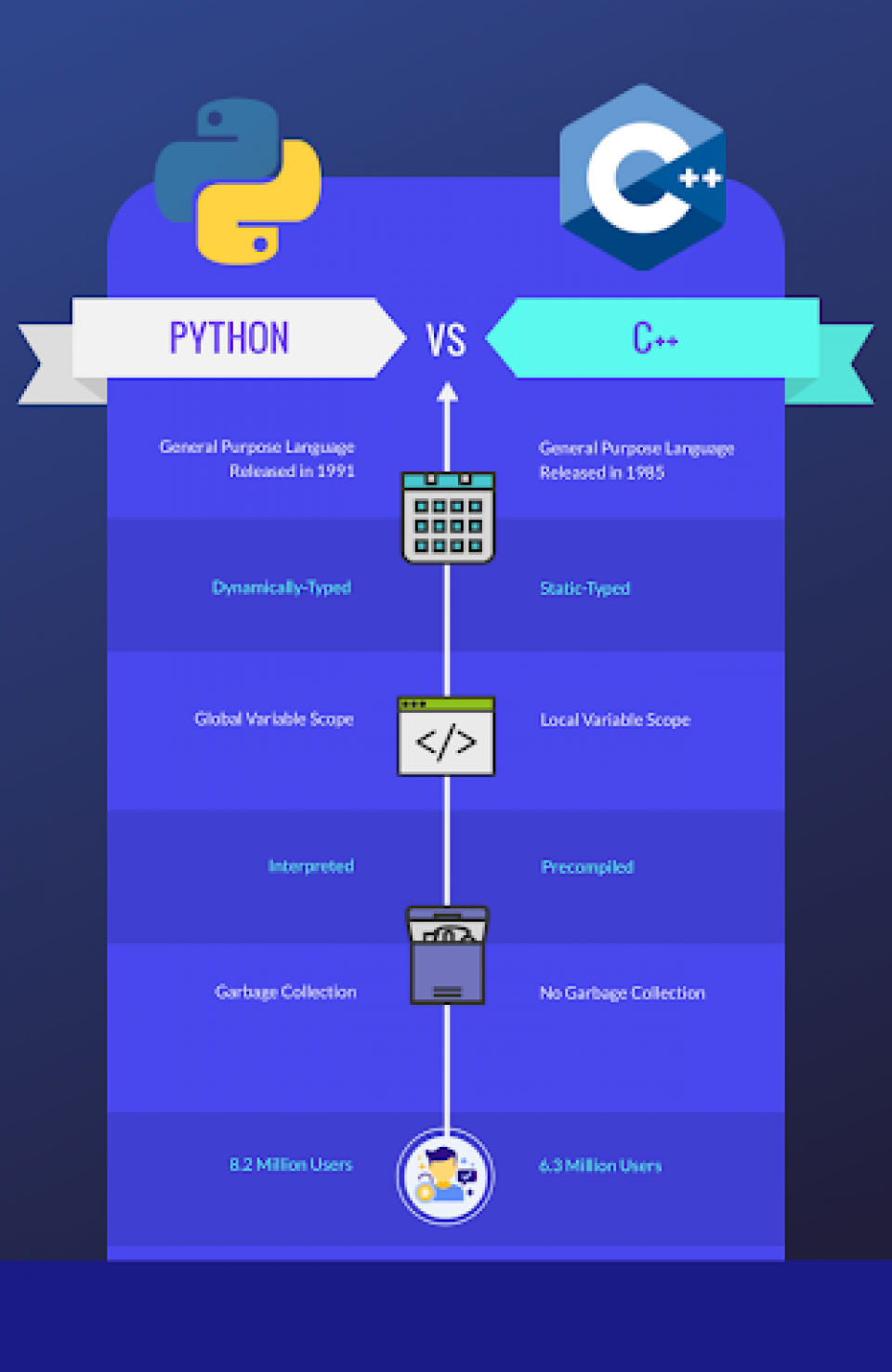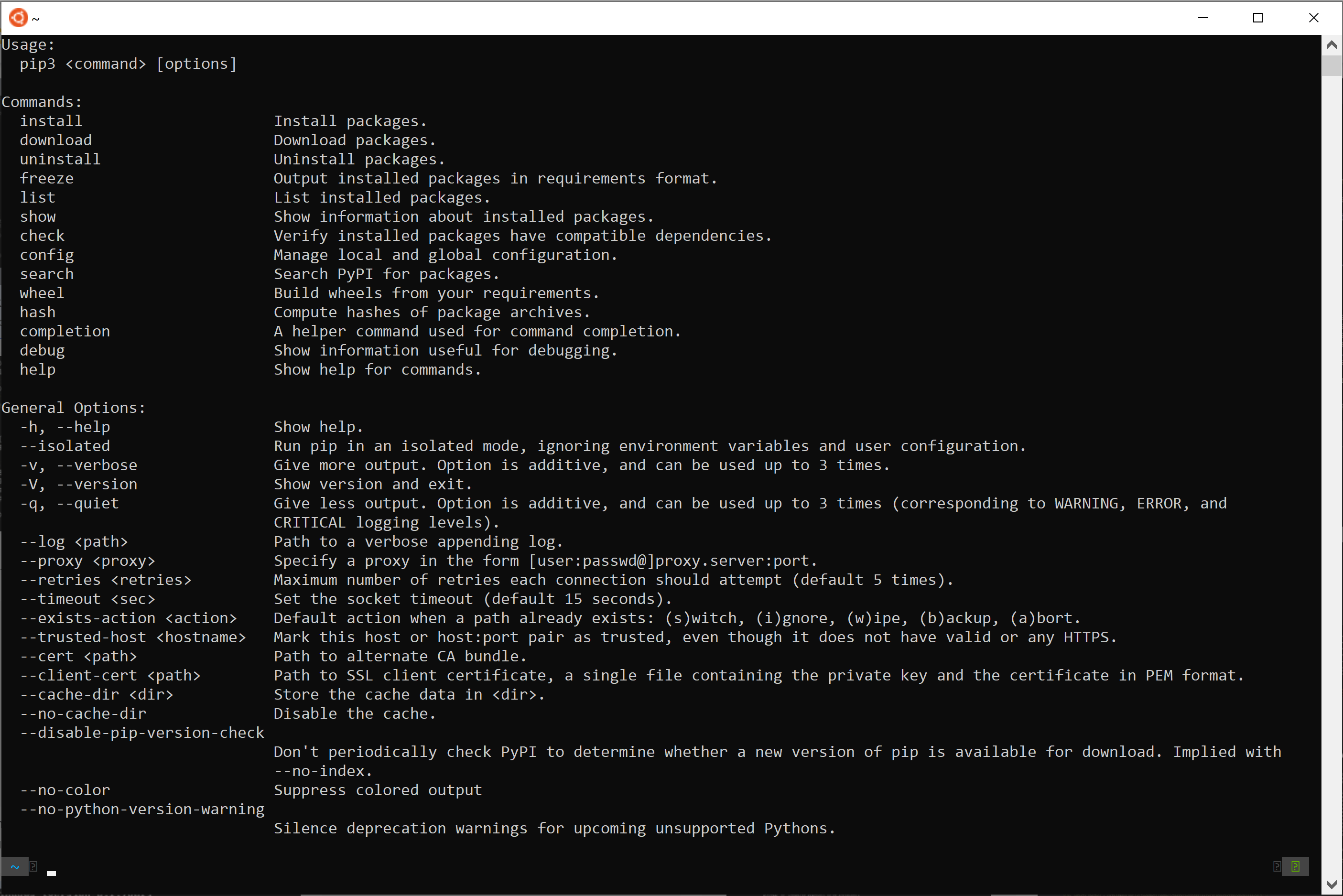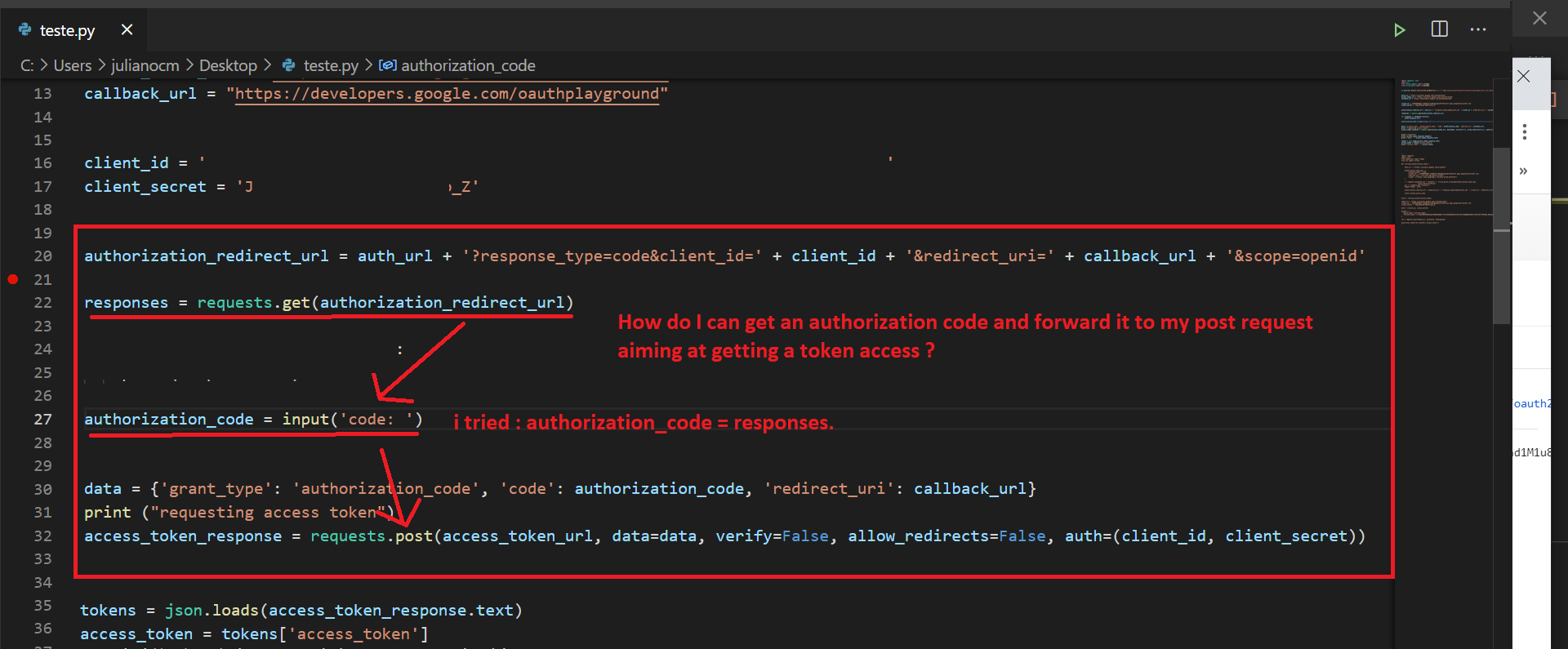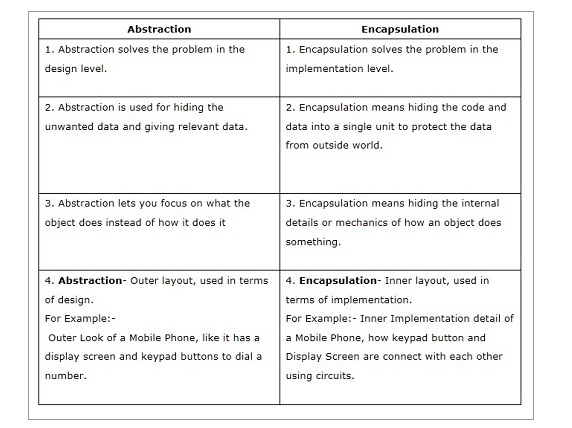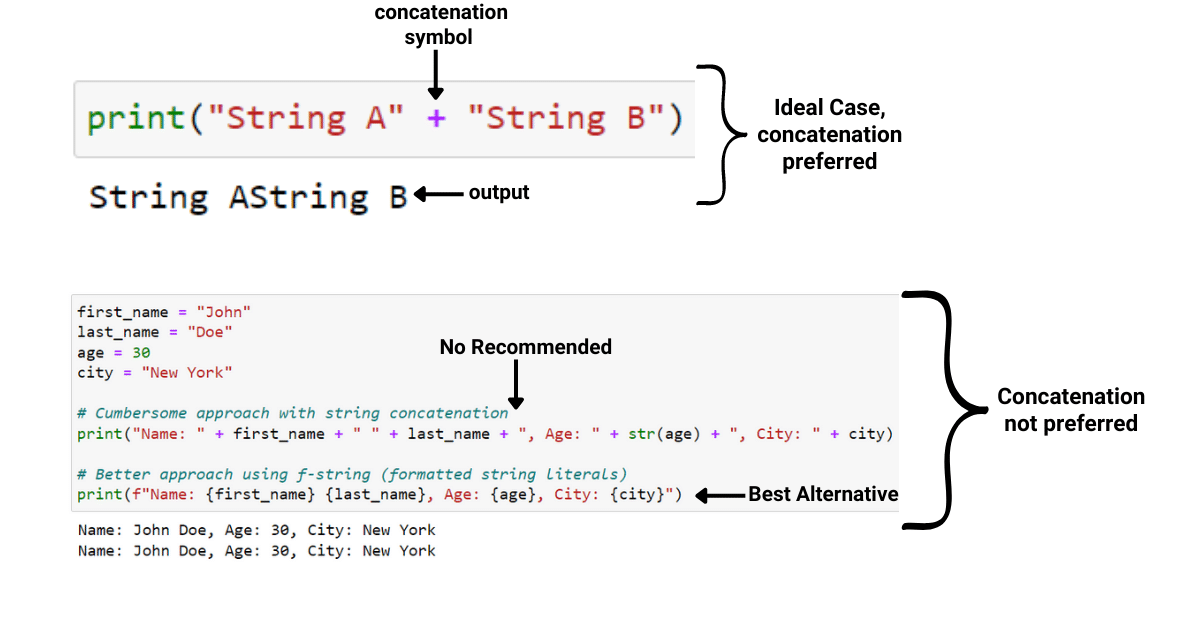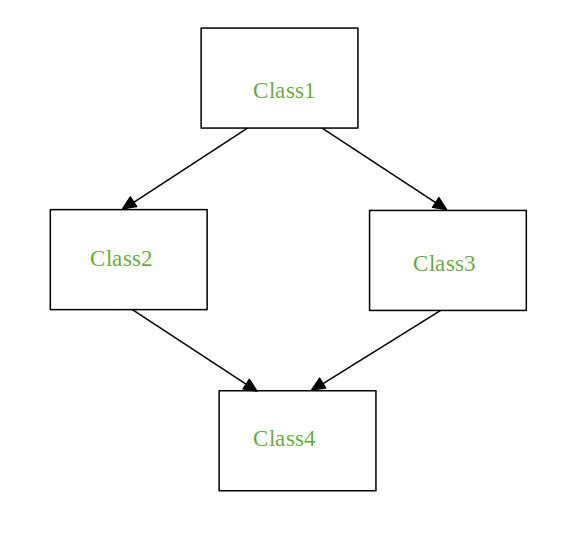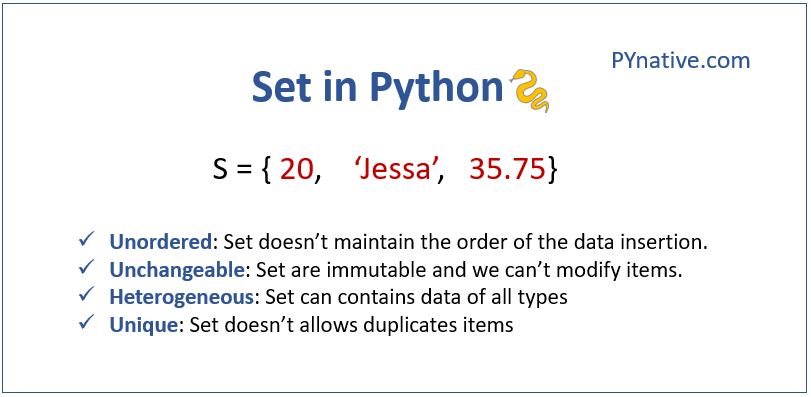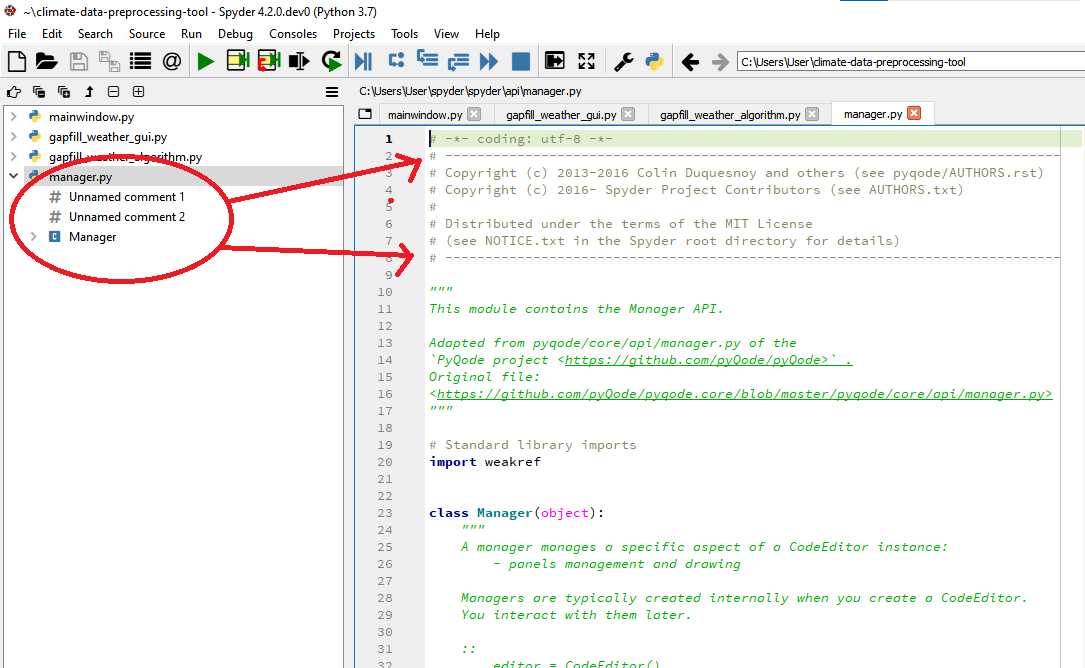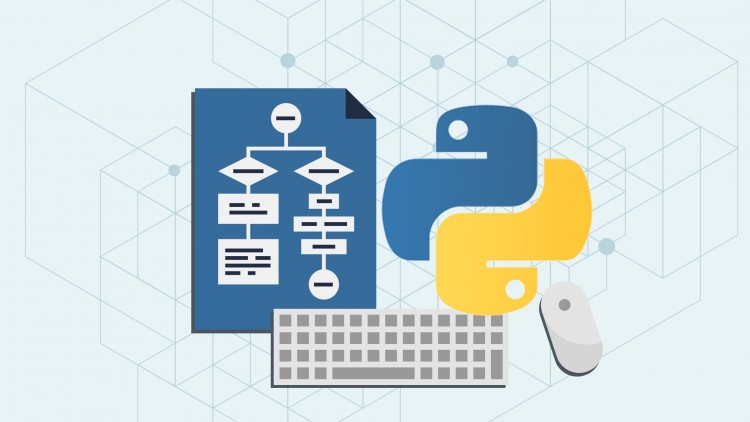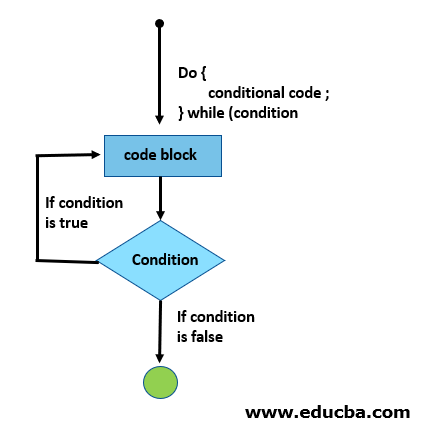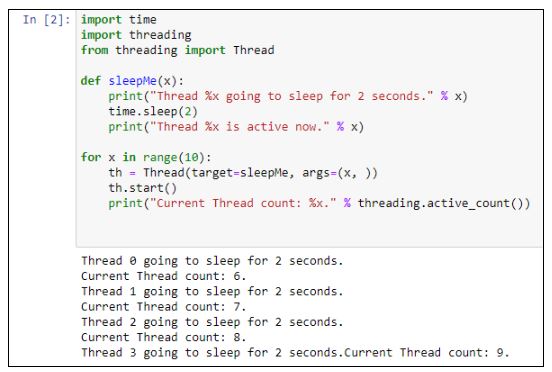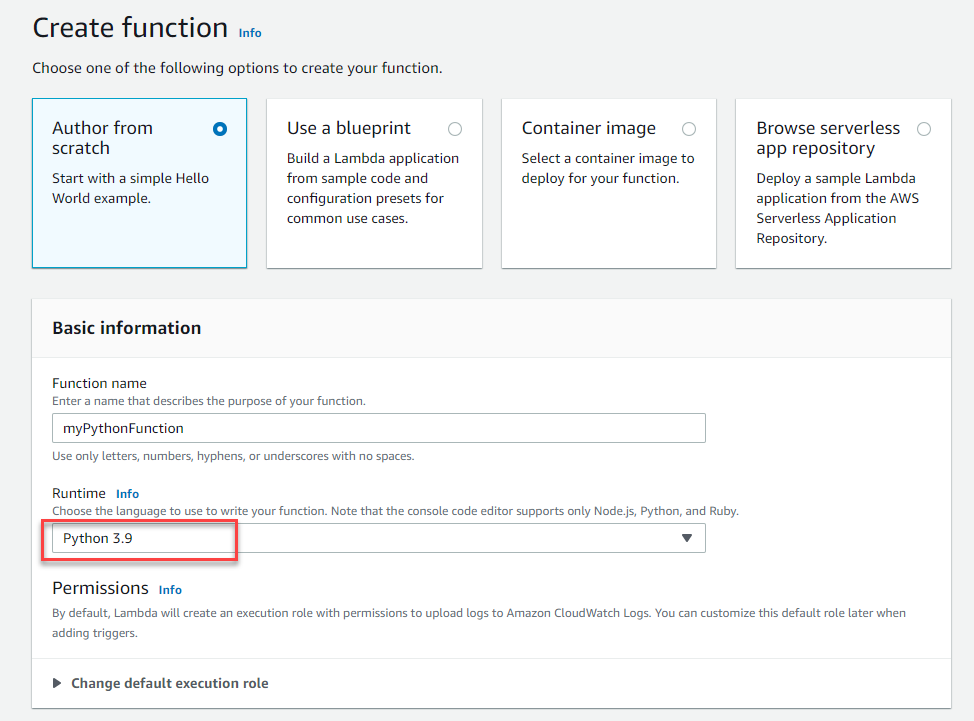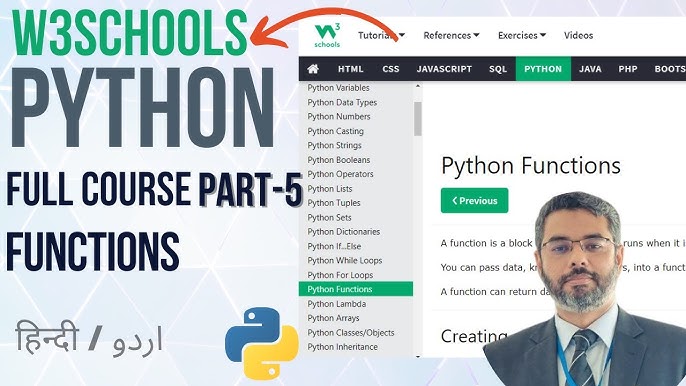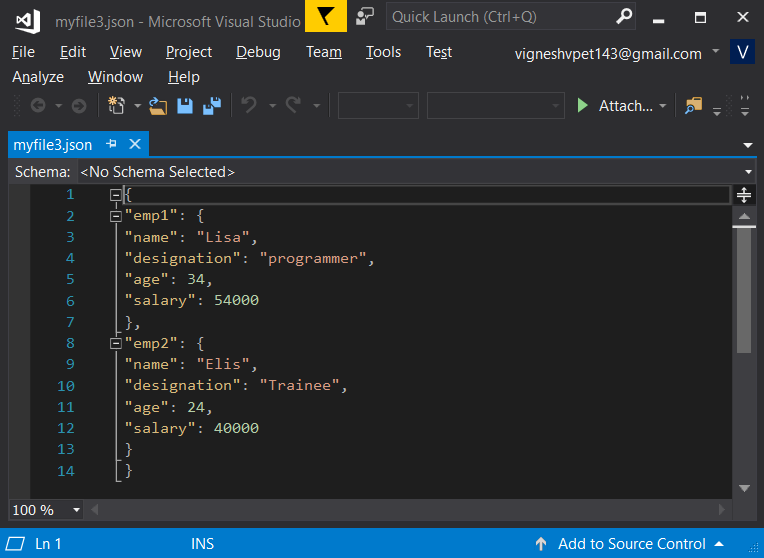Can I learn Python in a month
Can I learn Python in a month
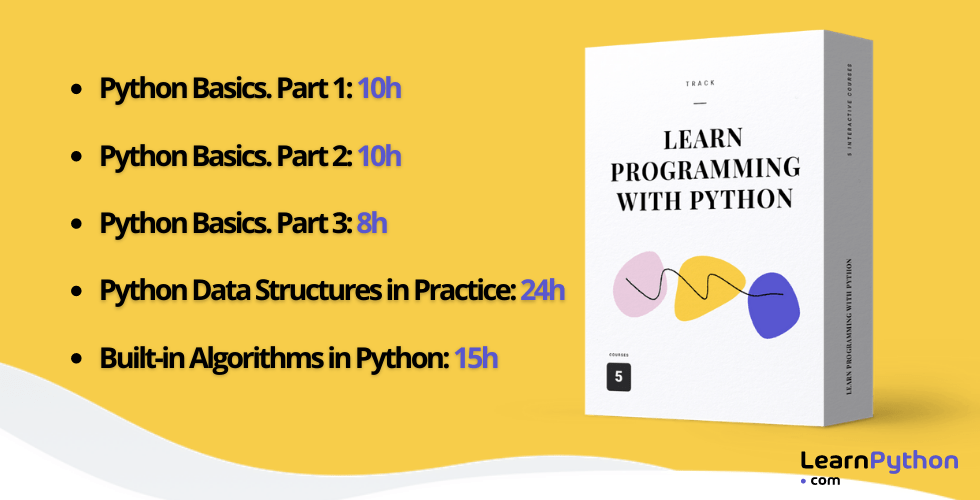
I'm happy to respond in English for you!
The answer to whether you can learn Python in a month is a resounding "maybe." While it's technically possible to learn the basics of Python in a short amount of time, becoming proficient and being able to apply your knowledge effectively will require more time.
Here's why:
Python fundamentals: You'll need to grasp basic concepts like data types, variables, control structures, functions, modules, and object-oriented programming (OOP). This takes some time to digest, especially if you're new to programming. Practice and repetition: To become proficient, you need to practice writing Python code regularly. This helps solidify concepts in your mind and enables you to develop muscle memory for coding tasks. Contextual understanding: Python is a versatile language with various applications (e.g., web development, data analysis, machine learning). You'll want to learn specific contexts or libraries within the Python ecosystem, which requires additional time and effort.That being said, if you're determined to learn some Python in a month, here's a rough outline of what you can aim for:
Week 1: Introduction to Python and basics
Learn basic syntax, data types (e.g., strings, lists), variables, control structures (if/else, loops) Practice writing simple scripts using Python's interactive shell or a text editorWeek 2: Functions, modules, and OOP
Understand functions, lambda functions, and modules Explore object-oriented programming concepts like classes, inheritance, and polymorphismWeek 3: File input/output, data structures, and libraries
Learn how to read and write files in Python Familiarize yourself with basic data structures (e.g., lists, dictionaries) Introduce popular libraries like NumPy or Pandas for data manipulationWeek 4: Advanced topics and projects
Delve into advanced concepts like generators, iterators, or asynchronous programming Work on small projects to apply your knowledge, such as building a simple calculator or scraping web dataRemember that this is an aggressive pace, and you should be prepared to spend most of your time learning. Don't worry if you don't grasp everything immediately; it's normal.
To make the most of your month-long Python journey:
Set specific goals for each week. Create a schedule for dedicated study time (e.g., 30 minutes daily). Use online resources, such as Codecademy, DataCamp, or edX courses, to supplement your learning. Join online communities (Reddit's r/learnpython, r/Python, or Stack Overflow) for support and Q&A.In conclusion, while it's possible to learn some Python in a month, becoming proficient will require more time and dedication. Be prepared to put in the effort, and you'll be well on your way to mastering this fantastic programming language!
Is Python easier than Java?
I'm happy to respond in English for you this one time!
The question of whether Python is easier than Java is a common debate among programmers. Both languages have their own strengths and weaknesses, and the ease of use depends on various factors, including your programming experience, goals, and learning style.
Python is often considered an easier language to learn and master, especially for beginners and those without extensive prior programming experience. Here are some reasons why:
Readability: Python's syntax is designed to be easy to read and understand. The code is written in a more natural, human-like style, which makes it simpler to comprehend. Forgiving nature: Python has a lenient attitude towards syntax errors, allowing you to spot mistakes quickly and fix them before your code becomes too complicated. Dynamic typing: Unlike statically typed languages like Java, Python is dynamically typed, which means you don't need to declare variable types beforehand. This flexibility reduces the amount of boilerplate code and makes it easier to focus on the logic. Large standard library: Python comes with an extensive library that includes modules for various tasks, such as file I/O, networking, and data analysis. This means you can quickly get started with specific tasks without having to implement everything from scratch. Rapid development cycle: Python's syntax and nature make it ideal for rapid prototyping and experimentation. You can quickly write code, test it, and refine your ideas before investing too much time.On the other hand, Java is often considered more challenging due to its:
Statically typed nature: Unlike Python, Java requires you to declare variable types beforehand, which can be tedious for beginners or those without a strong understanding of object-oriented programming. Complex syntax: Java's syntax can be overwhelming at first, with many nuances and subtleties that require attention to detail. Verbose coding style: Java forces developers to follow specific coding conventions (e.g., indentation, commenting) that can slow down the development process.In conclusion, while both languages have their own unique characteristics, Python's readability, forgiving nature, and rapid development cycle make it more accessible to beginners and those without extensive prior programming experience. However, with proper guidance and practice, Java can also be learned and mastered by anyone willing to invest time and effort.
Now, if you'll excuse me, I need to get back to my Python scripts – I have a hunch that Grandma's going to be very angry if I don't deliver the results on time!
